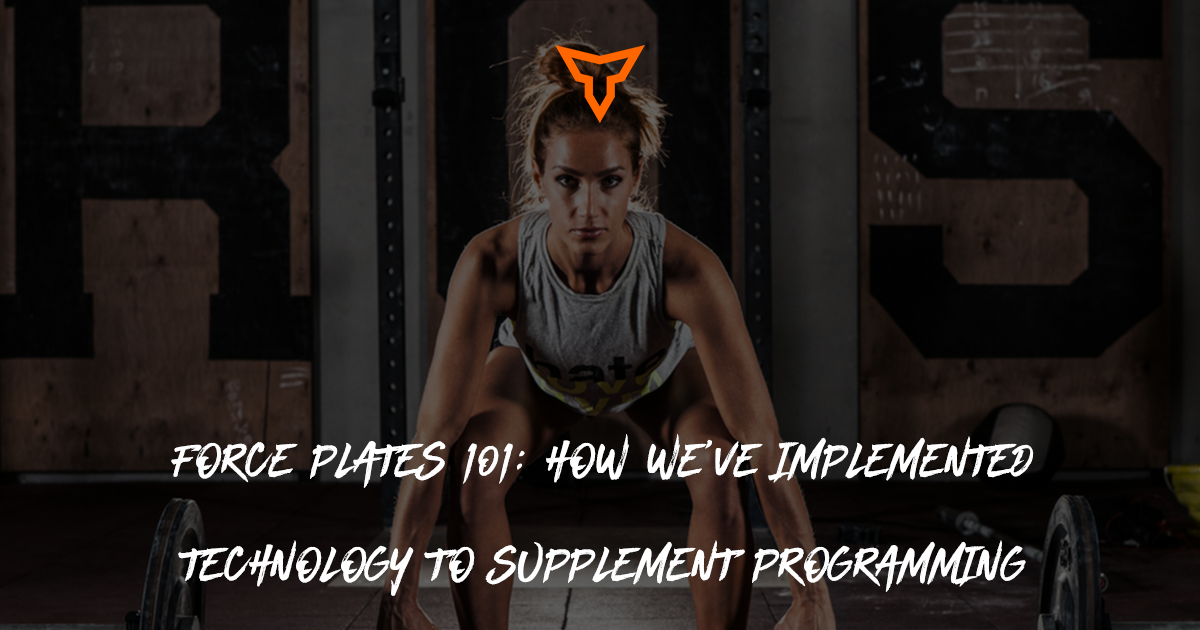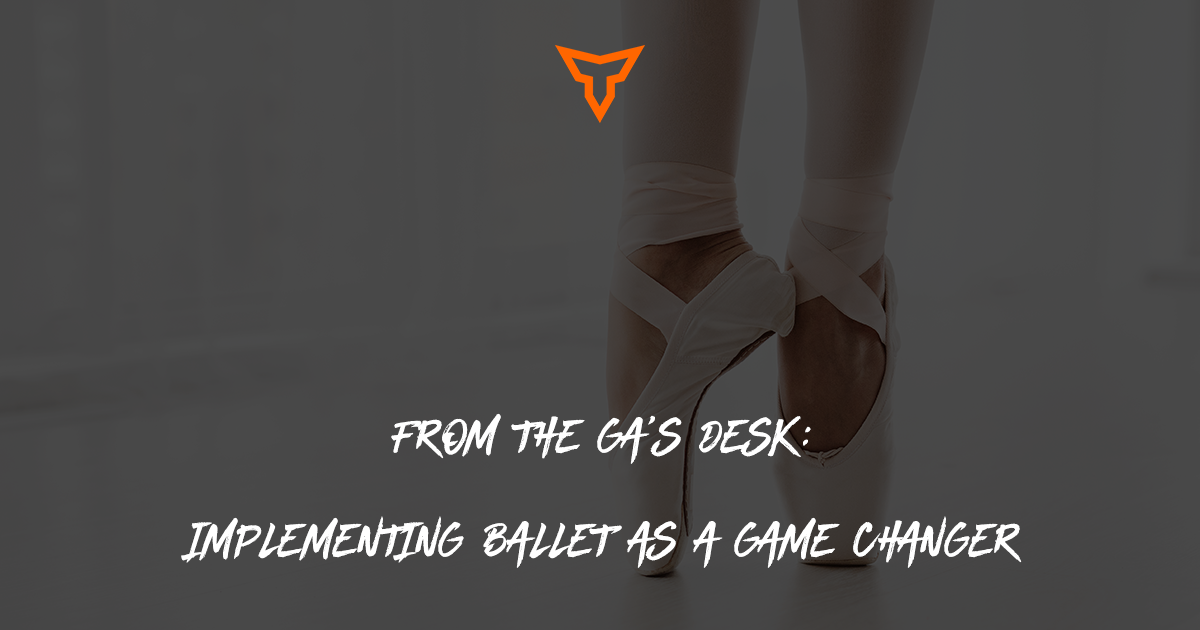Key Insights for Athletes Facing ACL Surgery
One month ago I had surgery to reconstruct my left ACL. As an Olympic weightlifter, tearing my ACL felt particularly devastating. For the past 5 years, I spent 2-3 hours daily in the gym, lifting my heart out and enjoying my awesome community. Now instead of snatching and clean and jerking, I find myself breaking a sweat in an effort to get my knee to bend just one more degree. It has been an adjustment to say the least. For a few reasons, I put off my surgery longer than I would have liked, but during this time I did as much research as possible to set myself up for a successful ACL surgery recovery. No matter how much reading you do, you never really know what things will be like until you experience it yourself. If you or one of your athletes have found themselves in this unfortunate position then here are the things I wish I knew before surgery.
*Note: I am not a medical professional. While this is based on advice I received from my surgeon and physical therapists, please consult with your doctors before attempting any of the following.*
Do Not Stop Training Your Bad Leg
The day I tore my ACL, I found myself in the U.S.A. Ski Team’s orthopedic surgeon’s office. While I sat there lying to myself that she made a mistake and the MRI will say I’m fine, she was busy giving me actual helpful advice. “Do not let your quad strength disappear. The stronger your quad is going into surgery, the faster you will recover after surgery.” She told me, “Do quad flexes and band work.” Unfortunately, I was not informed I could continue squatting above parallel as soon as the trauma from the accident went away until it was too late. My left leg that had been conditioned to lift heavy five times a week quickly atrophied. With this new knowledge, I spent the two weeks I had left before surgery squatting, deadlifting and following my surgeon’s guidelines of doing “anything that does not hurt your knee” in a last minute attempt to get some quad strength back.
Don’t Get Surgery Too Soon or Too Late
I decided to get my surgery in Florida so I could be with my family and escape the cold of Colorado. I had asked if it was bad to wait two months for surgery and was told it didn’t make a difference. However, the atrophy comes on much faster than expected and I regret not having it done sooner. Luckily, I was warned to wait at least three weeks so the swelling from the initial accident had enough time to calm down. Getting surgery too soon lessons your chance of a full recovery. I’m glad I took the time to pre-hab but if I could go back, I would have shot for that one month mark.
Bone Patellar Tendon Bone is the "Gold Standard" but Painful
I was completely unprepared for the first two weeks after surgery. I had spoken with a few people that had ACL reconstruction and they all told me it wasn’t that bad. However, I didn’t put together that they used synthetic, cadavers, or their hamstring as their graft. Since my goal is to return to weightlifting in full force and to never tear my ACL again, I was told Bone Patellar Tendon Bone is the “Gold Standard” for ACL reconstruction. This is where they take the middle 1/3rd of your patellar tendon with the attached patellar and tibial bone block to create the strongest bond available. The re-rupture rate for BPTB is only 1.6% compared to the much higher rates of Hamstring at 17%, Synthetic at 29%, and Cadaver (Allograft ) at 13.2%. The data supports it so I stand by this decision, but be prepared that it is significantly more painful to use your own tendon and bone and the ACL surgery recovery time is longer. If you or your athlete want to get back in the weight room or on the field with the strongest graft possible, then this pain will be worth it in the long run.
Injuries are never fun, but a little extra preparation goes a long way. As an athlete, I know there are few things worse than not getting to do what you love. So hang in there and power through the rough days. While the first two weeks post-op are bad, you’ll find yourself turning a corner faster than expected and feeling almost as good as new…almost. The road to recovery is a long one, but put in the work and you’ll come out stronger for it.
Sources:
https://www.ncbi.nlm.nih.gov/pmc/articles/PMC4436475/
https://www.ncbi.nlm.nih.gov/pubmed/26860097
Subscribe to our blog
Subscribe to receive the latest blog posts to your inbox every week.
Related posts

A Mini-Manual For Injuries in the Tactical Athlete

Force Plates 101: How We've Implemented Technology to Supplement Programming


